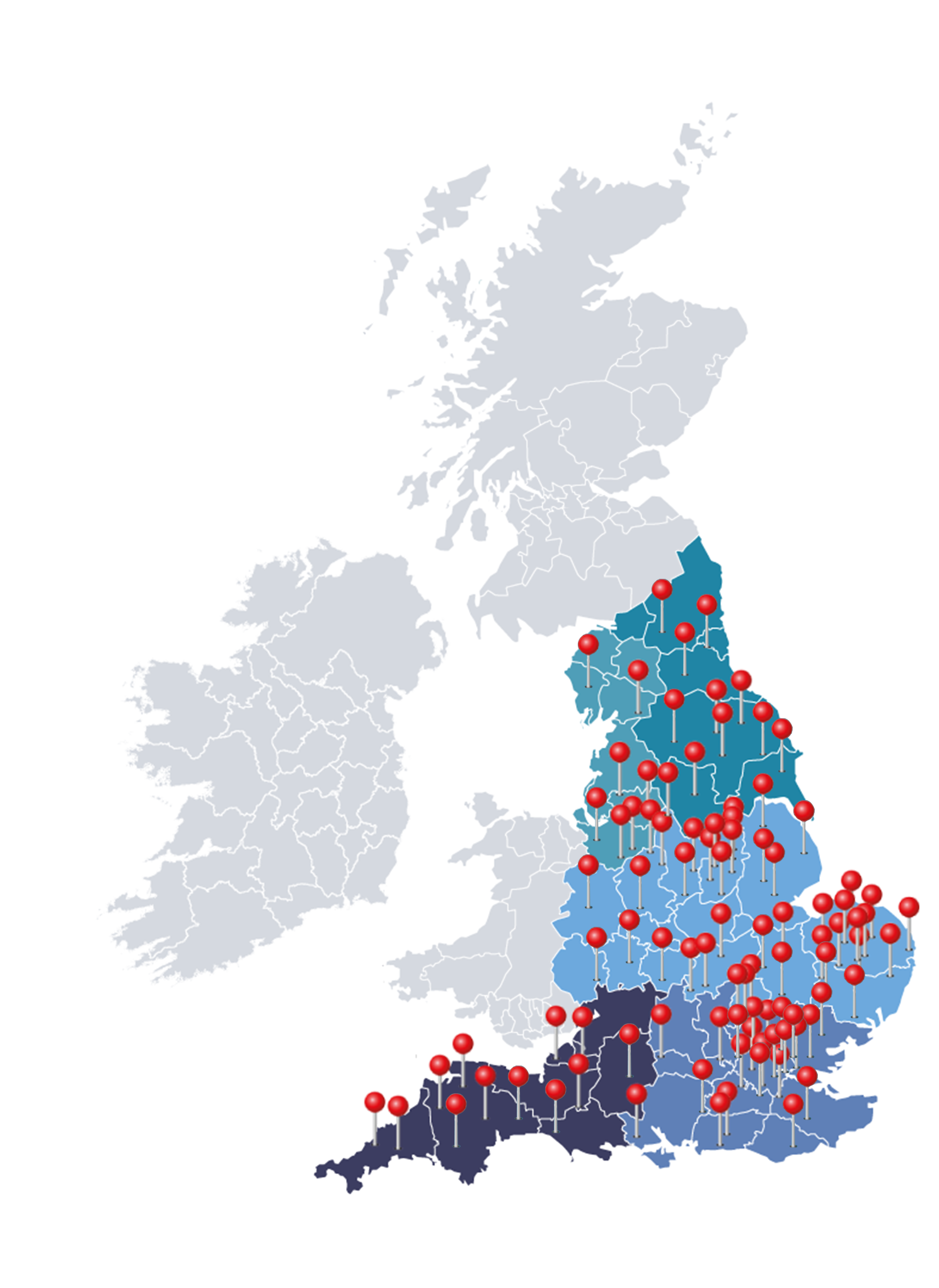What is a first contact physiotherapist and how can they help?
A First Contact Physiotherapist (FCP) is a physiotherapist who is trained to assess, diagnose, and treat musculoskeletal conditions without the need for a referral from a doctor or other healthcare professional. FCPs can help by providing timely access to physiotherapy services, reducing wait times for patients, improving patient outcomes, and freeing up the time of other healthcare professionals. They can assess and treat a wide range of conditions, including back pain, neck pain, joint pain, and soft tissue injuries, and can provide advice on self-management and exercises to help patients manage their conditions.
What is a first contact physiotherapist and how can they help in the NHS?
In the NHS, a First Contact Physiotherapist (FCP) is a physiotherapist who is trained to assess, diagnose, and treat musculoskeletal conditions without the need for a referral from a doctor or other healthcare professional. FCPs can help in the NHS by providing timely access to physiotherapy services, reducing wait times for patients, improving patient outcomes, and freeing up the time of other healthcare professionals. They can work in primary care settings such as GP practices or urgent care centers, providing assessment and treatment for a wide range of musculoskeletal conditions, including back pain, neck pain, joint pain, and soft tissue injuries. FCPs can also provide advice on self-management and exercises to help patients manage their conditions and reduce the risk of future injuries. By providing care at the first point of contact, FCPs can help to ensure that patients receive the right care at the right time, which can lead to better outcomes and a more efficient use of healthcare resources in the NHS.
What is the NHS additional roles reimbursement scheme?
The NHS Additional Roles Reimbursement Scheme (ARRS) is a funding scheme that was introduced in 2019 by NHS England to support the recruitment of additional staff in primary care settings, such as GP practices. The scheme provides funding to cover the costs of recruiting and training staff in new roles, such as clinical pharmacists, social prescribing link workers, physician associates, and First Contact Physiotherapists (FCPs). Under the ARRS, funding is provided to cover the costs of the staff’s salary, on-costs, and training. This helps to make it easier for primary care networks (PCNs) to recruit additional staff, and to provide new and expanded services to patients. The scheme aims to improve patient access to services, relieve pressure on GPs and other healthcare professionals, and to support the development of the primary care workforce.
How can a first contact physiotherapist help me?
A First Contact Physiotherapist (FCP) can help you in several ways:
1. Assessment: FCPs are trained to assess your musculoskeletal condition, which may include a physical examination, taking a medical history, and conducting any necessary tests or investigations.
2. Diagnosis: Based on the assessment, the FCP can provide a diagnosis of your condition, which can help to guide your treatment plan.
3. Treatment: FCPs can provide a range of treatments, which may include exercise therapy, manual therapy, and pain management strategies, among others.
4. Referral: If further investigation or specialist care is needed, the FCP can refer you to the appropriate healthcare professional, such as an orthopaedic surgeon or a rheumatologist.
5. Self-management advice: FCPs can provide advice on self-management strategies, such as exercise, lifestyle changes, and pain management techniques, which can help you manage your condition more effectively and reduce the risk of future problems.
Overall, FCPs can provide timely and effective care for a range of musculoskeletal conditions, helping you to manage your condition and improve your quality of life.
What healthcare professionals make up the multidisciplinary team in NHS primary care?
The multidisciplinary team in NHS primary care typically includes general practitioners (GPs), nurses, pharmacists, healthcare assistants, and administrative staff. Other healthcare professionals may also be involved, such as physiotherapists, occupational therapists, and mental health specialists. The specific makeup of the team may vary depending on the needs of the local population and the resources available.
What are the benefits to patients from the multidisciplinary team in NHS primary care?
The multidisciplinary team in NHS primary care can provide several benefits to patients, including:
1. Improved access to care: Patients can access a range of healthcare professionals in one location, making it easier and more convenient to receive the care they need.
2. Coordinated and comprehensive care: The team works together to provide coordinated and comprehensive care, addressing all of a patient’s healthcare needs.
3. Better health outcomes: With access to a range of healthcare professionals and services, patients can receive timely and appropriate care, which can lead to better health outcomes.
4. Enhanced patient experience: Patients can receive personalized care from a range of healthcare professionals who are focused on their individual needs, leading to a more positive patient experience.
5. Increased patient satisfaction: Patients often report high levels of satisfaction with the care they receive from multidisciplinary teams, which can improve their overall quality of life.
6. More efficient use of resources: The team can work together to ensure that resources are used efficiently, reducing waste and improving the overall quality of care.




